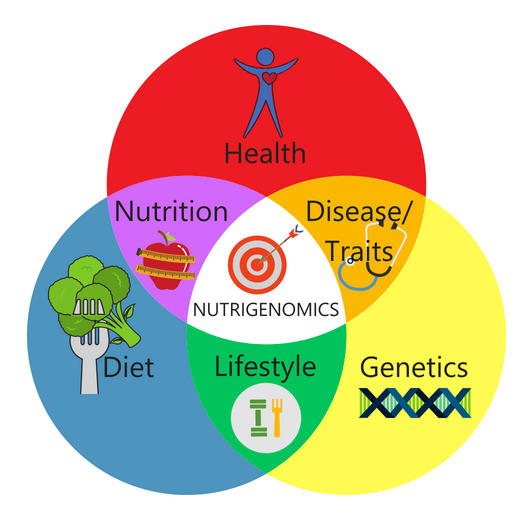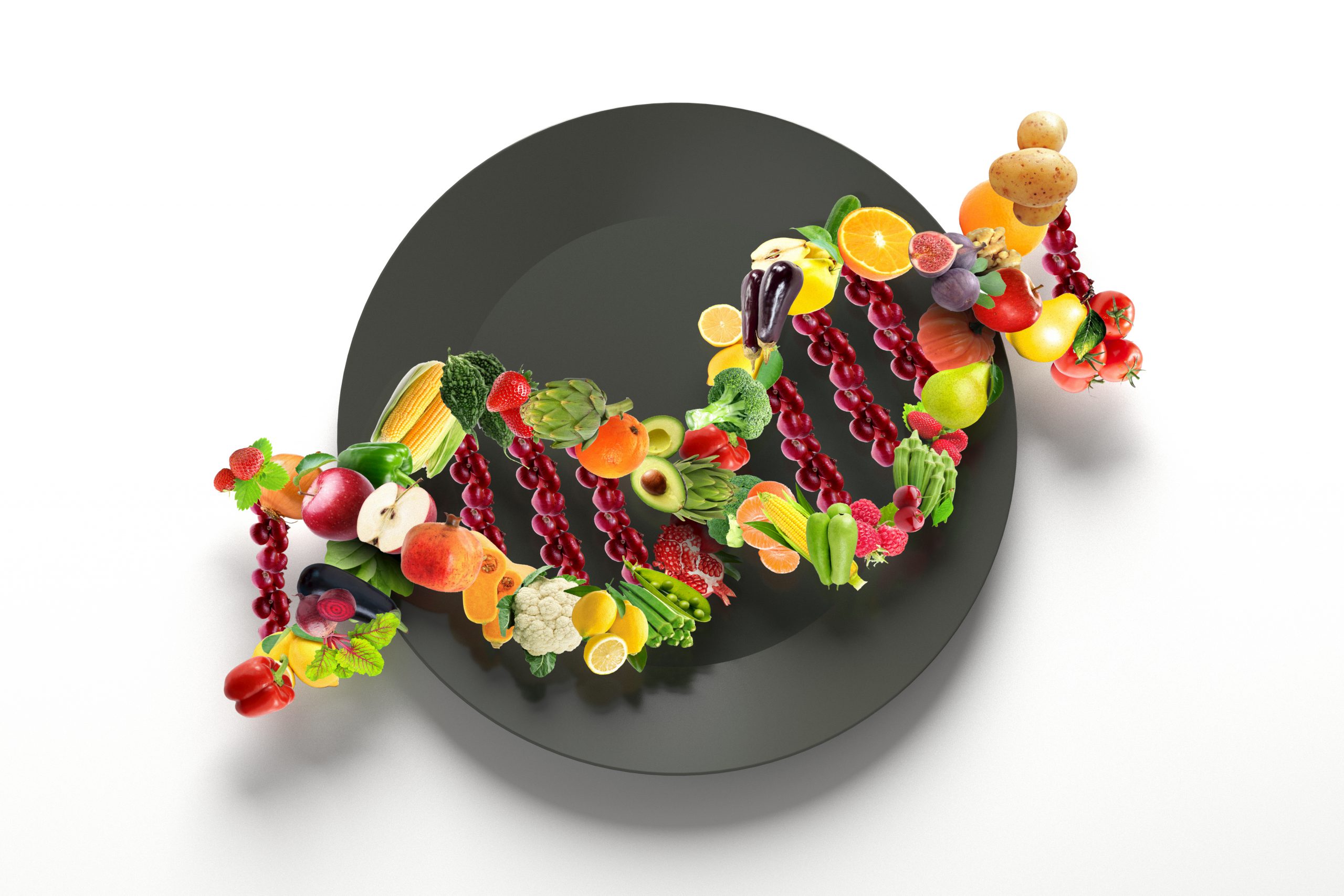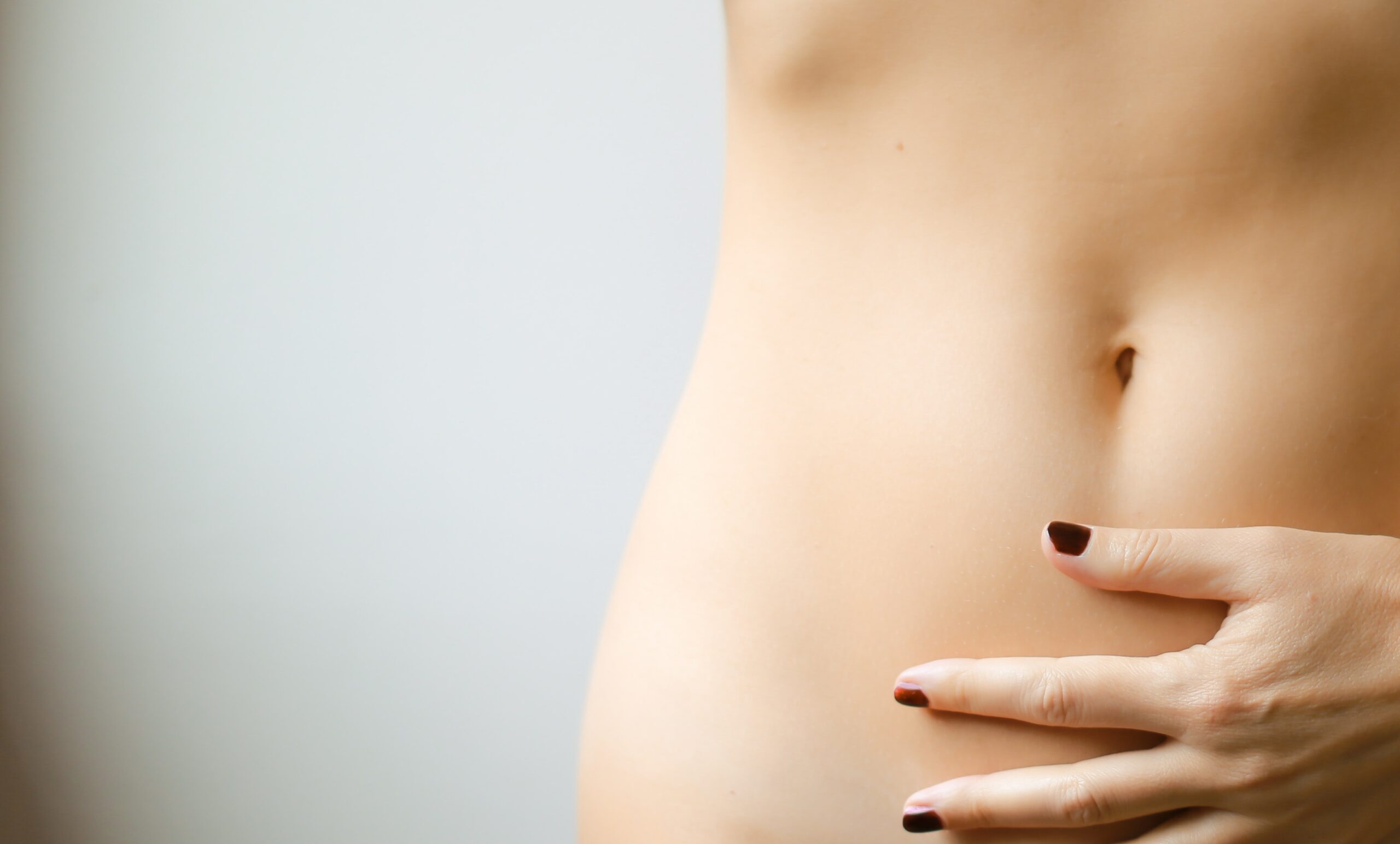How many times have you dashed out in the morning missing your breakfast because you were late for a meeting? Or how many times have you let your adolescent kid get away with store-bought junk food instead of a healthy meal because you just didn’t have the time to spend in the kitchen? Can you count the number of cups of coffee you’ve gulped in the office because you were stressed from work?
A small introspection into the pattern of life we lead today will reveal a simple but shocking truth: this generation prioritizes work, career, money and materialistic success over health.
The great poet Virgil once said, “The greatest wealth is health.” But it’s all in the textbooks now. Because the biggest reason we give ourselves to justify our obsession with materialism is that it is only temporary. “I will cut down on the coffee once this project is over.” “I will start having breakfast everyday once I get that promotion I’m working so hard for.” Or, “I will cook and serve my kids a balanced meal when I don’t have to do two shifts at work and when I have saved enough money.” But is it ever enough? Is there really an end to all the material validation that we seek? Is this condition really temporary?
The answer is a simple no. This rat race for wealth and success is an obsession that plagues the whole generation and one which never stops until the first major cardiac arrest or when the blood test yields a positive result of diabetes. That is when you realize how many opportunities of leading a well balanced life you have missed.
Here are a few ways our materialistic obsession has impacted our health:
- Working longer hours means being in stressed conditions for a longer period
- Excessive workload harms the work-life balance of the individual, thus preventing a wholesome life
- Working indoors for too long also amounts to longer hours of a sedentary lifestyle on a daily basis
- Prioritizing work often leads to sacrificing of important daily activities like:
- Timely meals
- Regular exercise
- Pursuing of leisure activities and hobbies
- Spending quality time with friends and family
- A deficiency in time also leads to choice of unhealthy packaged and junk food on a regular basis
- A constant want for and pursuit of more is also linked with mental illnesses like depression
According to World Health Organization, “Most of the world’s population live in countries where overweight and obesity kills more people than underweight.”
It also asserts that “worldwide obesity has more than doubled since 1980”, that is, shortly after we stepped into the digital age, which has been responsible in bringing a significant change in the modern work system. (http://www.who.int/mediacentre/factsheets/fs311/en/)
It is no news that obesity is largely fostered by unhealthy, irresponsible lifestyle choices. Which in turn is encouraged by our modern day madness over materialistic gains. Sure, it is important to keep up with the fast-moving world of today, but it is equally important to partake in the rich experiences that you work hard for in the first place. Know for a fact that the means of earning your wellbeing cannot be of a greater priority that your wellbeing itself.
Interestingly, small changes integrated into the daily lifestyle have a major impact on the greater wellbeing. Here are a few pointers on achieving a healthy work-life balance:
Make a schedule and follow it to the best of your abilities: This is perhaps the most important. When you go about your day without a schedule, you tend to overwork because work has a tendency to appear urgent and important. Careful scheduling however helps you secure enough time for other healthy activities and you know exactly when to stop working.
Do the 7-minute exercise everyday: Whoever came up with that idea did a favour to all the overworked souls who complain they don’t have enough time for exercise. But when it’s only a matter of 7 minutes, it’s easier to comply and commit. Nevertheless, starting off the day with those few minutes of exercise has a profoundly positive effect on your health.
Eat clean and on time: If your main source of diet is a lot of packaged, fried or fast food, back off immediately. Unhealthy food has the worst irreversible impact on your body. Practice healthy habits like carrying your lunch to work and stocking your kitchen with healthy snack options like fresh fruits, nuts, seeds, yogurt, milk, etc. Also important is to include meal times in the afore-mentioned schedule and stick to it religiously.
Never miss breakfast: The most important meal of the day. If you are typically always rushing to work and don’t have the time for a cereal-milk-fruits routine, try whizzing up a breakfast smoothie. What’s more, you can also carry some extra smoothie to work as a snacking option. Check out our Blueberry Peach smoothie recipe here (https://foodnwellness.com/blueberry-peach-smoothie/)
Spend some time on hobbies that do not entail work or responsibilities: Listening to music, reading, or even playing with your pets help wind down the work stress. Spending time with your favorite people is also a huge stress buster. Connect with your family and for a change, take genuine interest in their life happenings to build strong bonds as well as to leave your work tangles behind.
Consult an expert on a regular basis: The whirlwind lifestyle of today does take a toll on health at some point. Which is why it is important to regularly visit someone who can help with expert knowledge on the same. A professional doctor or a certified nutritionist is your best confidant in this case.
Start and end the day with gratitude: No matter how much we achieve, it will never seem to be enough unless we treasure what we already have. Be aware of all your possessions and be grateful for them. Practice your gratitude before you begin and end each day by either making a mental note or jotting them down on paper. Successful people around the world like Oprah Winfrey, Sir Richard Branson, and Tim Ferriss attribute their success to this simple habit.









